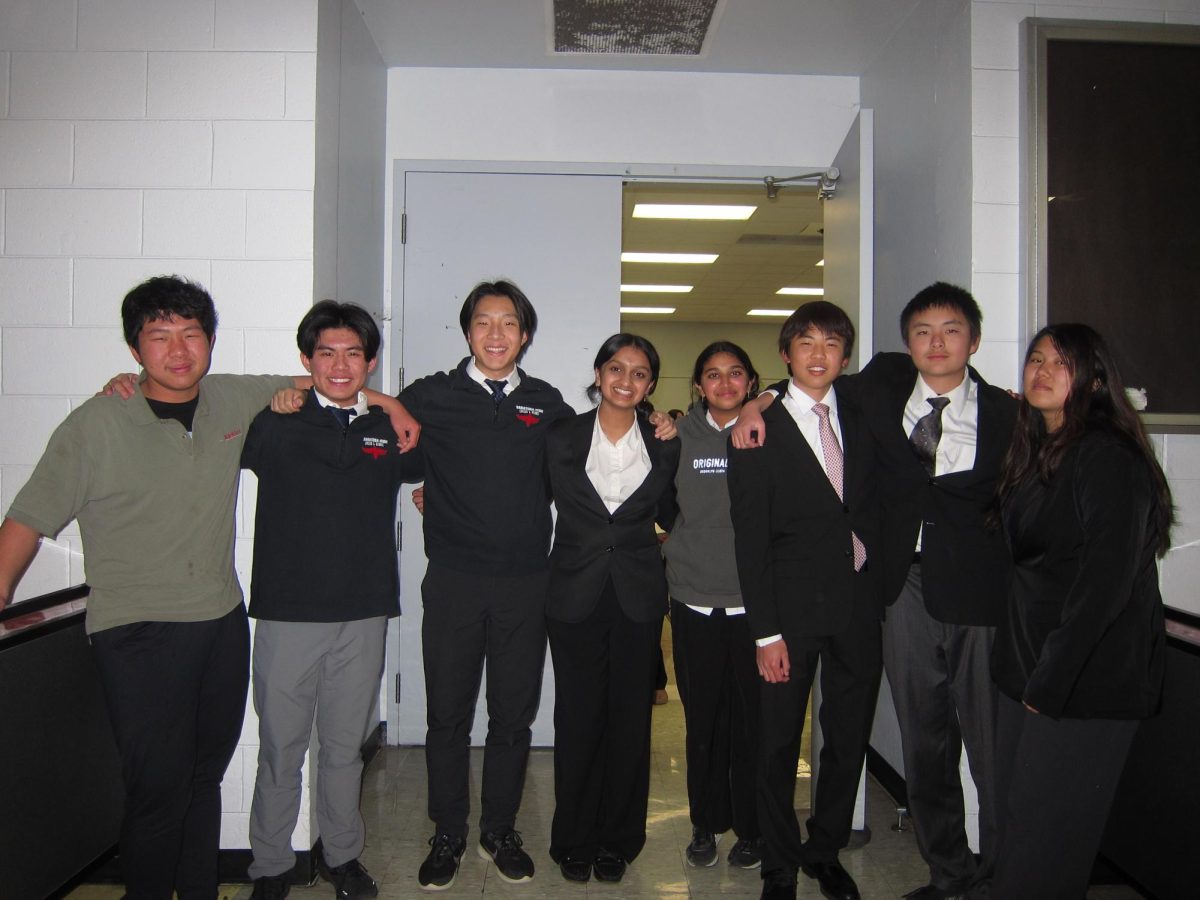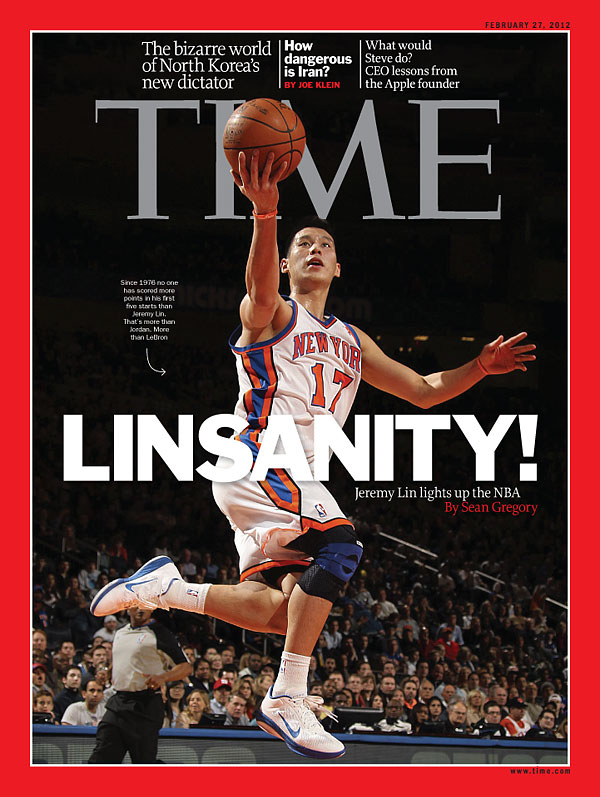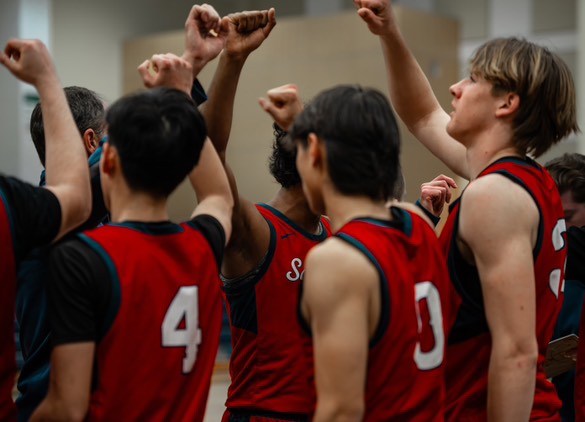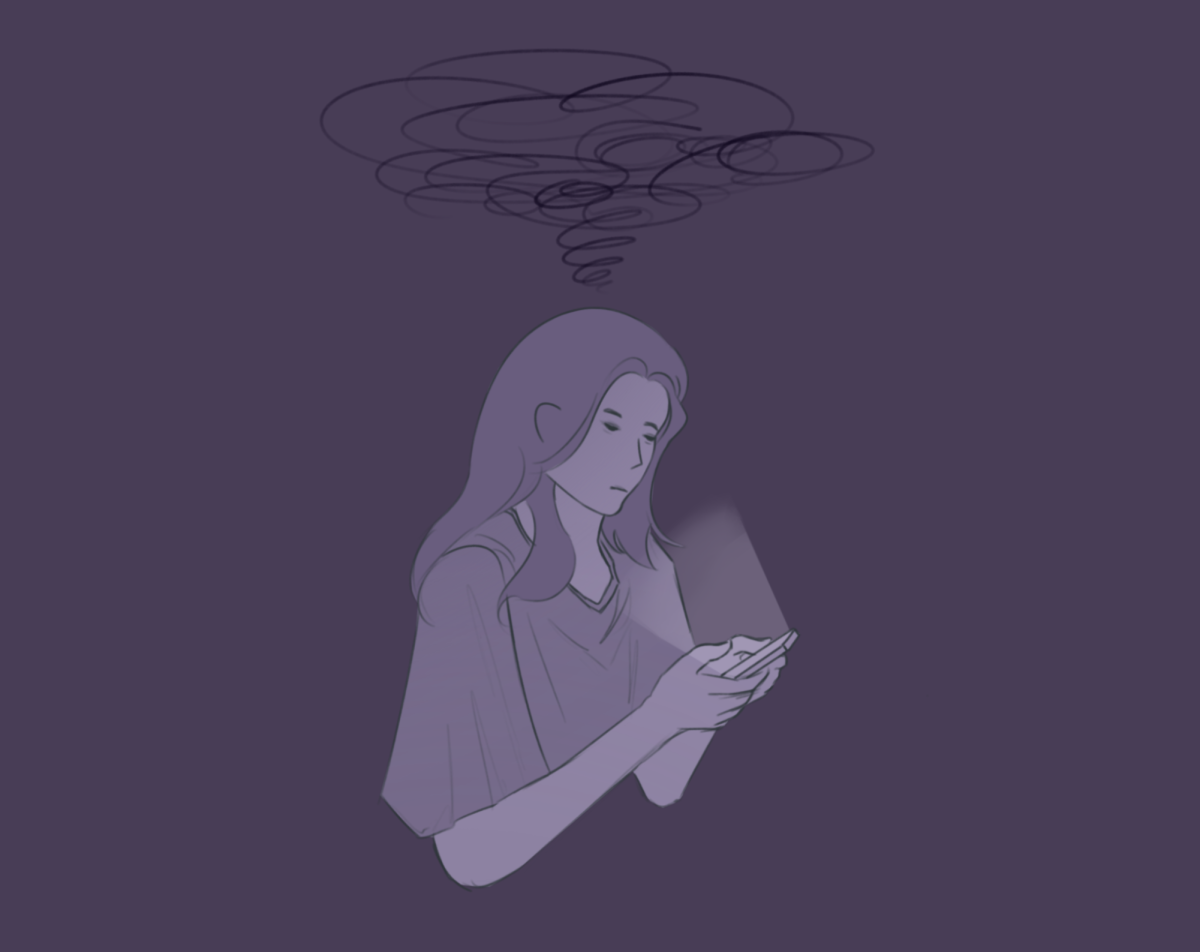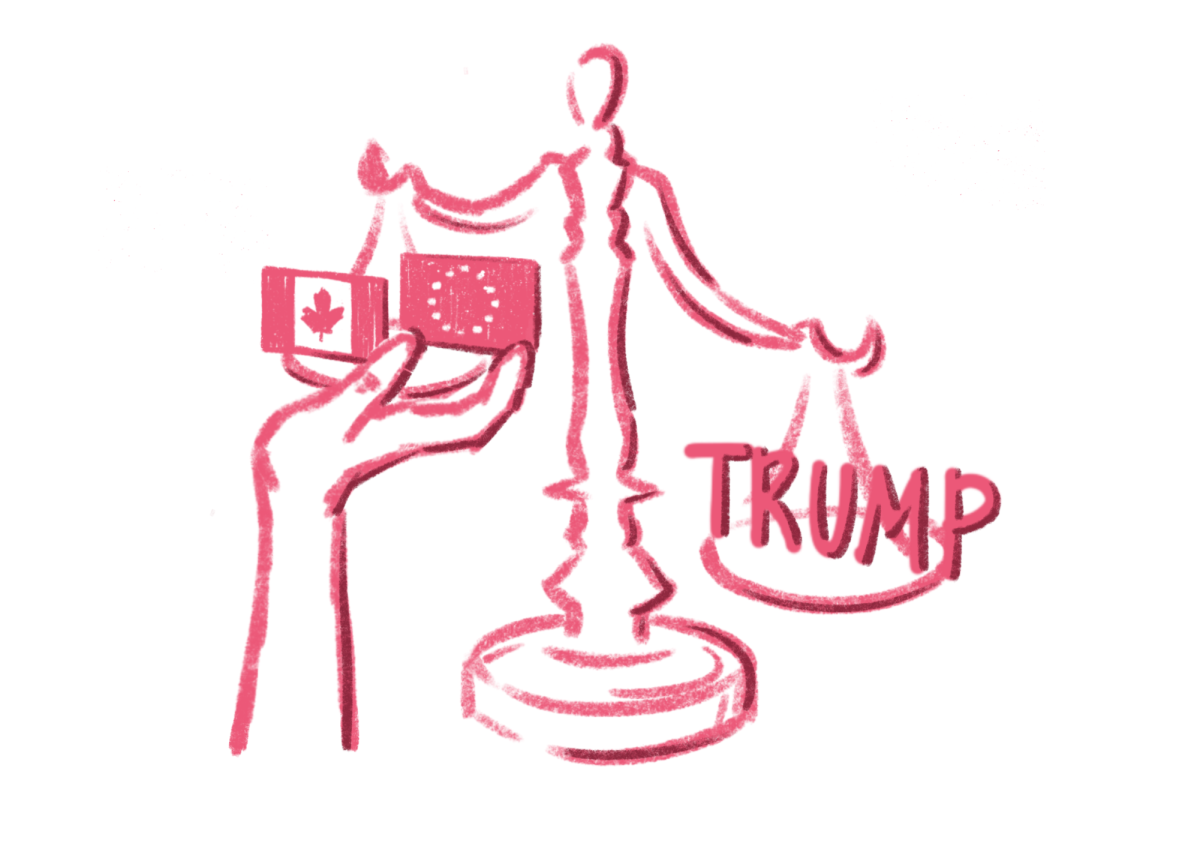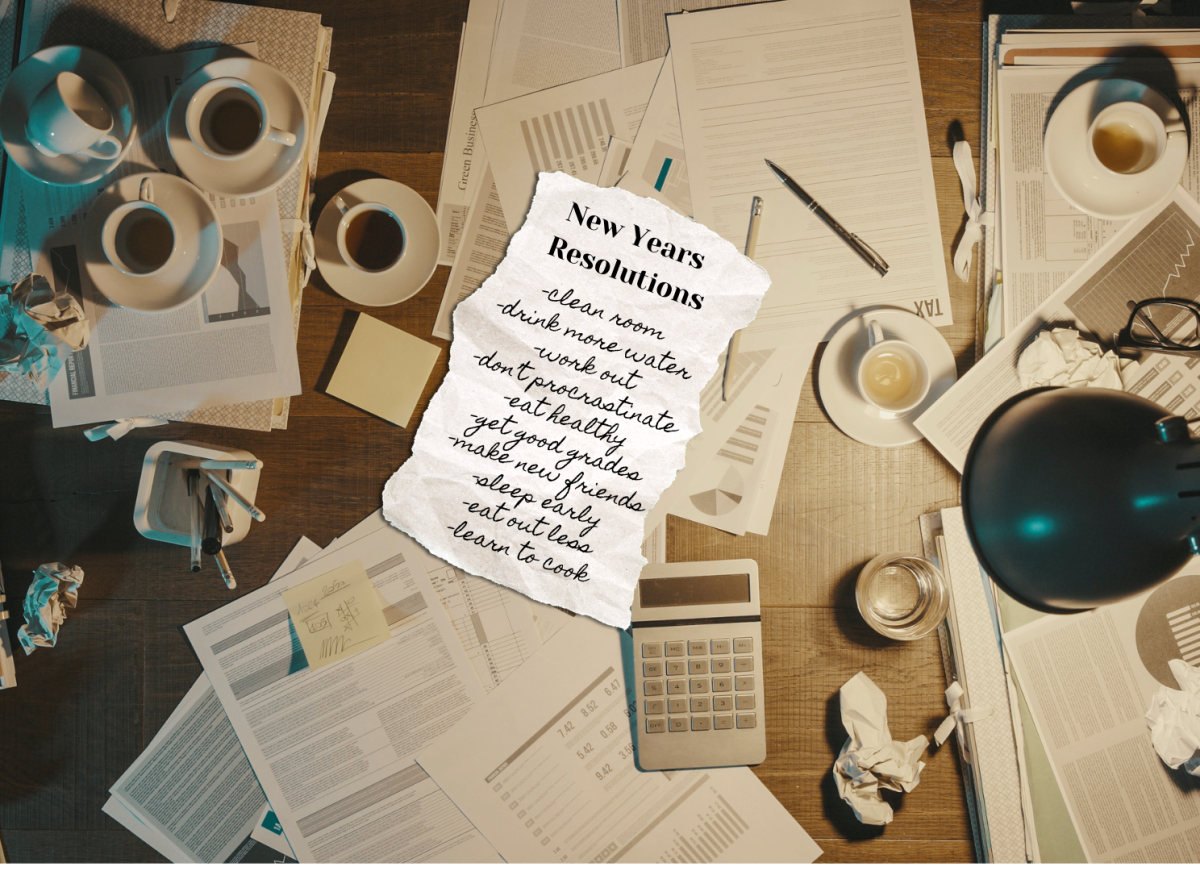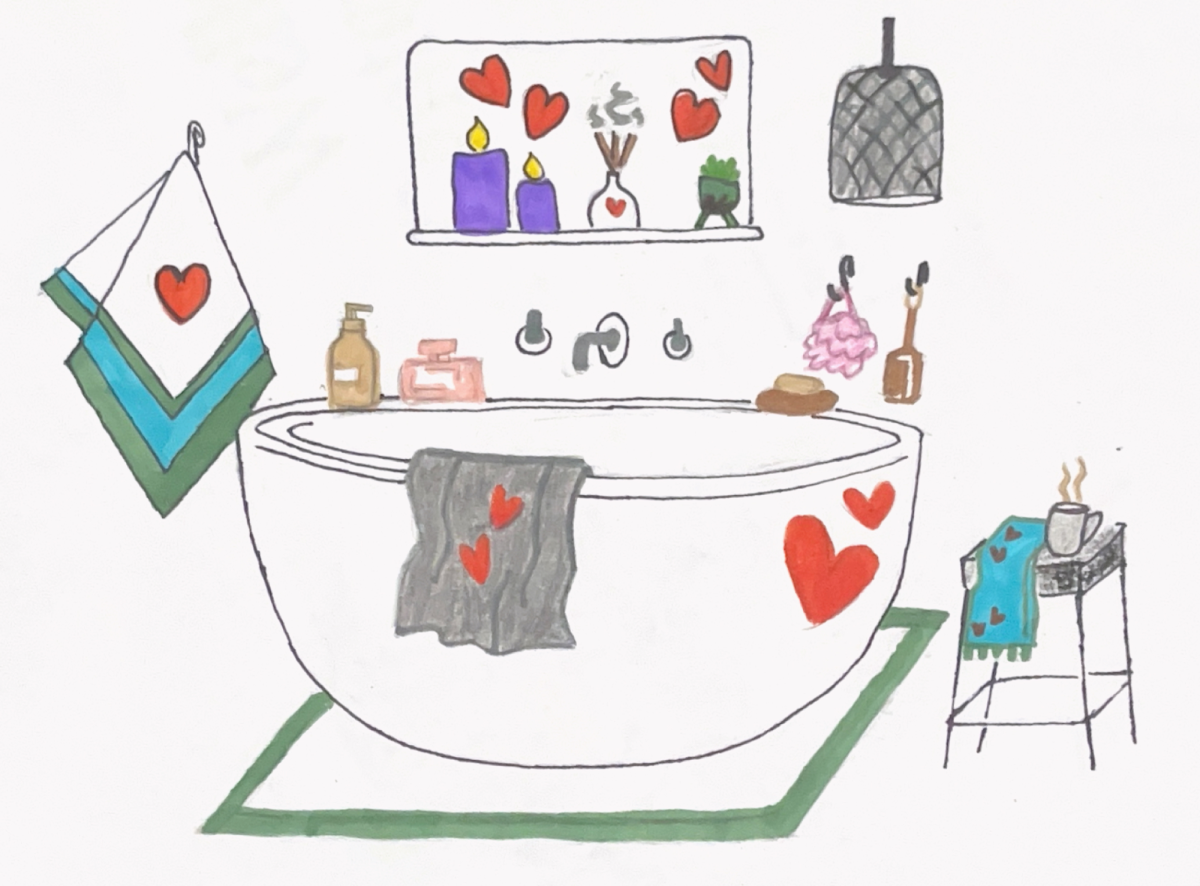My family and I were traveling in Hong Kong a few years ago when my jade bracelet broke. It slipped off my wrist as I tried to take it off, and it hit the nightstand and fell on the floor.
“Please don’t break,” I thought to myself multiple times.
Unfortunately, when I looked down, the bracelet lay lifelessly on the floor, shattered into four pieces.
I gathered the pieces and showed them to my mom.
“Aiya, four pieces,” my mom said. “That’s very unlucky.”
In China, the number four is considered unlucky because of its similarity in pronunciation with the character 死, which means death. My mom decided that it was up to her to wash away my bad luck.
My mom consulted her best friend, a person very familiar with superstition, about my situation. After a rigorous 10-minute call, she learned how to fix my misfortune. No matter how much I resisted, she still informed me of the necessary steps to take in order to get rid of my bad luck.
First, I had to find four sources of moving water, such as a river, because moving water is going to flow bad luck far away. Next, I had to throw the pieces of the bracelet in those waters.
Our original travel plan was to go to Hangzhou and then Taiwan, so my mom and dad spent a full hour brainstorming the possible rivers we could go to. Finally, we decided on the Victoria Harbour in Hong Kong, the Qian Tang River and Fu Chun River in Hangzhou and a small stream that we knew we were going to pass by in Taipei.
We went to each of those rivers and threw a piece of the broken jade in there. My mom made sure that I flung my wrist as hard as I could so the bad luck would be far away.
It was pretty annoying to mess up our travel plans, but my mom said anything was worth the trouble as long as it could get rid of my bad luck.
I’m not a firm believer in superstitions like my parents, but I enjoyed the process because it showed me a part of the culture that I’m not familiar with. If my daughter’s jade bracelet breaks, I will take her to rivers and show her a part of her culture.


